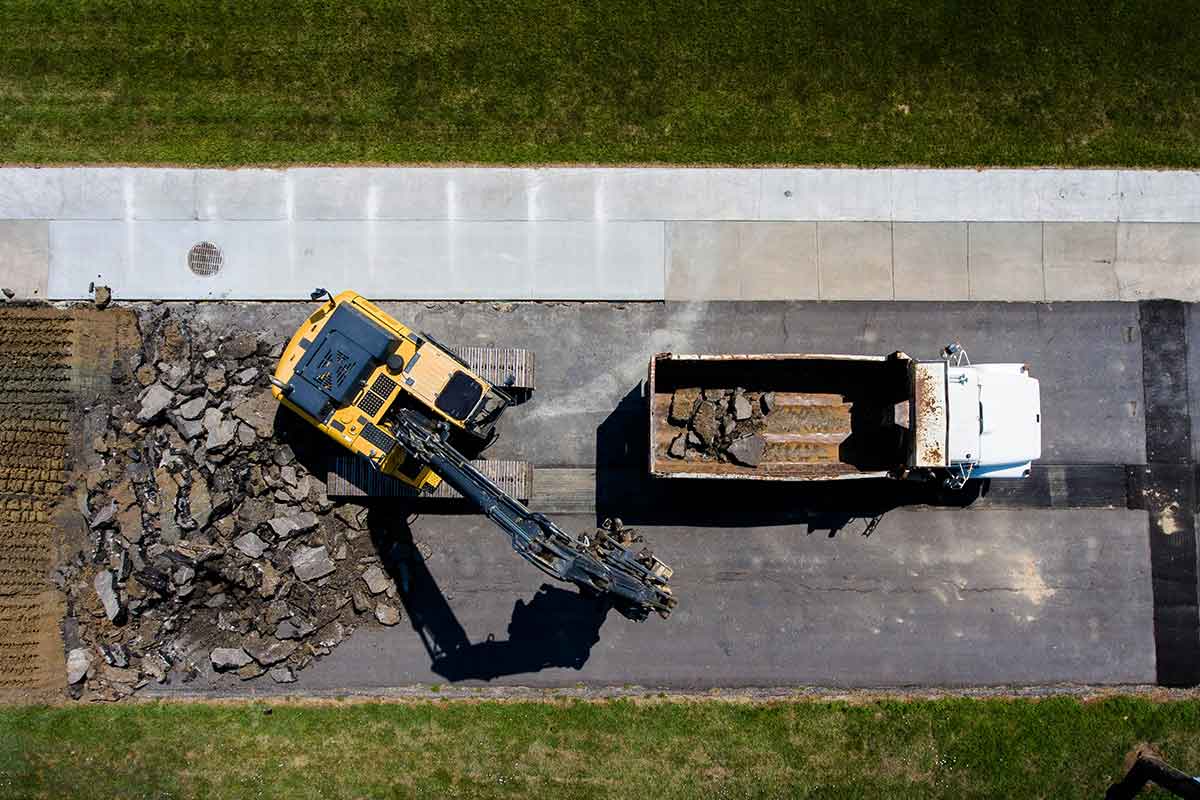Estimated reading time: 3 minutes
When starting your business, you’re expected to spend more than you earn. This means you will probably need to purchase essentials for your operations, whether they’re specialized tools, heavy machinery, or transport vehicles. However, you may not have the capital to buy them.
Fortunately, you can get equipment loans or leasing to acquire much-needed tools for your business. Learn what kind of financing options are available to you.
Understanding equipment loans and equipment leasing.
Equipment loans
An equipment loan for a small business, also referred to as equipment financing, allows you to buy the tools and equipment you need. Your lender will give you the capital to purchase the tools or equipment as a loan specific for the items you need to operate or update.
The amount you receive is based on your plan and the lender’s terms, allowing you to borrow most or all of the total value you need. Once you’ve completed your repayment, you will fully own the tools or equipment you bought.
Equipment leasing
Equipment leasing for a small business is different because you won’t own the tools or equipment outright. With this option, your chosen lender will buy what you need from a vendor before renting it out to you every month. At the end of your lease contract, you can renew, return, or purchase the tools or equipment.
Although both options allow you to use the latest tools and equipment in your operations, their structures provide different advantages that are worth understanding.
The advantages of equipment financing.
No need for cash on hand: One of the reasons this is considered one of the best financing options for a business is that you don’t have to pay any upfront costs, giving you instant access to the loan after your application gets approved.
Tax incentives
Equipment financing is ideal for small businesses because it can be filed as a tax deduction, allowing you to lower your annual tax liability.
Less documentation needed
Unlike traditional loans, where lenders require your entire financial history and credit score, equipment financing is more favorable and forgiving to small businesses. Most lenders need you to make your repayments on time.
The advantages of equipment leasing.
Use current technology
Equipment leasing is ideal for small businesses that must stay up-to-date with their industries’ latest tools and equipment. It lets you use the most recent technology without the cost and commitment of buying them.
Flexible cash flow
Equipment leasing doesn’t require a down payment, allowing you to use your cash on hand to pay for other needs such as payroll, bills, and inventory.
Which is better for your small business?
When deciding on a business financing solution, consider your immediate needs and how to address them best. Whatever option you choose, remember that it will only be as good as the lender you choose! Funding is your partner in growing your business for equipment financing or leasing!
Disclaimer.
This Probably Funding blog post is purely educational and features general information and opinions. Nothing contained herein is intended to constitute advice or recommendations and should not be treated as such.

